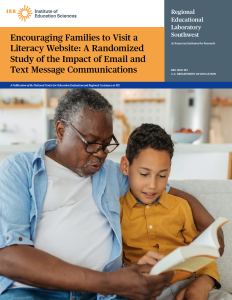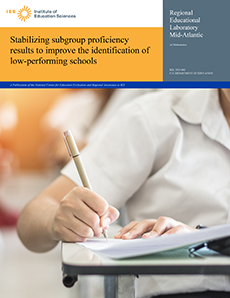
Data, AI Lead Educause Top 10 List for 2025
Educause recently released its annual Top 10 list of the most important technology issues facing colleges and universities in the coming year, with a familiar trio leading the bunch: data, analytics, and AI. But the report presents these critical technologies through a new lens: restoring trust in higher education.
“Higher education has a trust problem,” the report opened, citing a June 2024 Gallup poll finding that in the past 10 years, the share of Americans who are confident in higher education has dropped from 57% to 36%. While data, analytics, and AI can be powerful tools for boosting student success, they also bring up questions of security, privacy, and ethics that cannot be ignored.
“Our institutions cannot realistically run without data and technology, and soon, probably, without AI,” the report noted. “But we need to attend to constituents’ skepticism about whether they can trust institutions to use data ethically, transparently, and safely.”
The theme of trust extends across the entire Top 10 list. As Educause explained, “The 2025 Educause Top 10 describes how higher education technology and data leaders and professionals can help to restore trust in the sector by building competent and caring institutions, and through radical collaboration, leverage the fulcrum of leadership to maintain balance between the two.” The Top 10 issues, as defined by Educause, are:
1) The Data-Empowered Institution. Using data, analytics, and AI to increase student success, win the enrollment race, increase research funding, and reduce inefficiencies.
2) Administrative Simplification: Streamlining and modernizing processes, data, and technologies.
3) Smoothing the Student Journey. Using technology and data to improve and personalize student services.
4) A Matter of Trust. Advancing institutional strategies to safeguard privacy and secure institutional data.
5) The CIO Challenge. Leading digital strategy and operations in an era of frequent leadership transitions, resource limitations, societal unrest, and rapid technology advancements.
6) Institutional Resilience. Contributing to institutional efforts to prepare for and address a growing number and range of risks.
7) Faster, Better, AND Cheaper. Using technology to personalize services, automate work, and increase agility.
8) Putting People First. Helping staff adapt, upskill, and thrive in an era of rapid change and ongoing digital advancements.
9) Taming the Digital Jungle. Updating and unifying digital infrastructure and governance to increase institutional efficiency and effectiveness.
10) (tie) Building Bridges, Not Walls. Increasing digital access for students while also safeguarding their privacy and data protection.
10) (tie) Supportable, Sustainable, and Affordable. Developing an institutional strategy for new technology investments, pilots, policies, and uses.
“It is up to us to face the uncertainties of today, from distrust in higher education to financial struggles to technology’s disruptive potential,” the report concluded. “We will need a committed, competent workforce to find and implement innovative, creative solutions. We will need leaders who can maintain a balance between institutional competence and a caring culture. With all this, we can restore trust in higher education and shape the future.”
The full report, including links to deep dives on each Top 10 topic, is available on the Educause site.
About the Author
Rhea Kelly is editor in chief for Campus Technology, THE Journal, and Spaces4Learning. She can be reached at [email protected].



